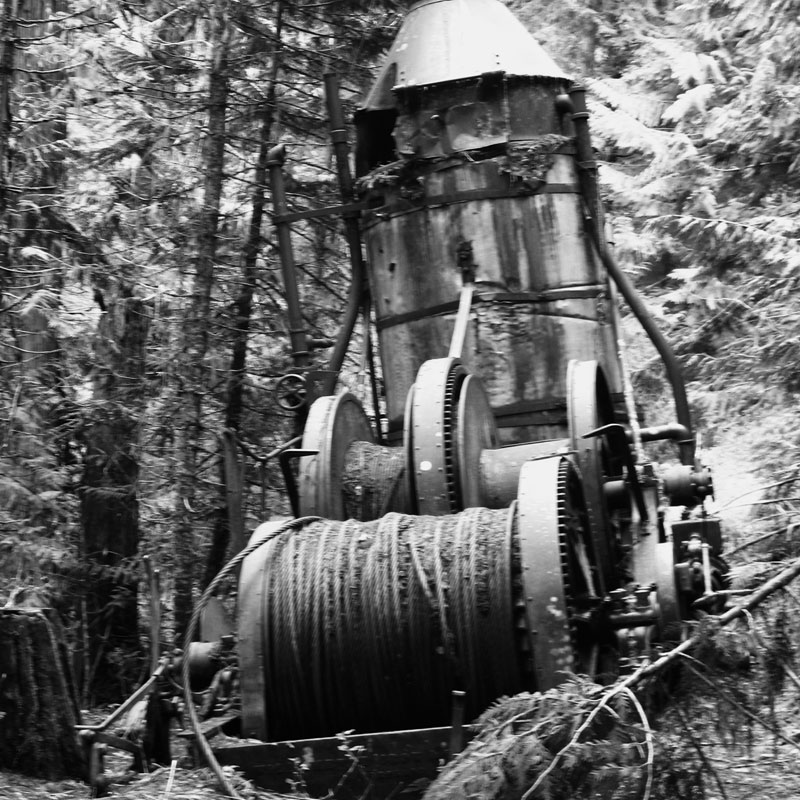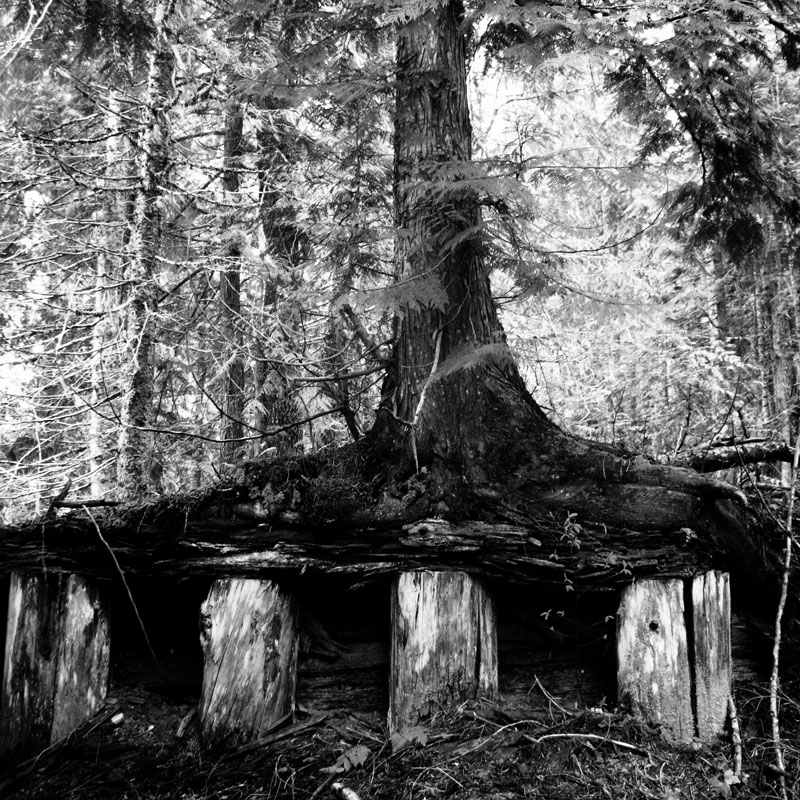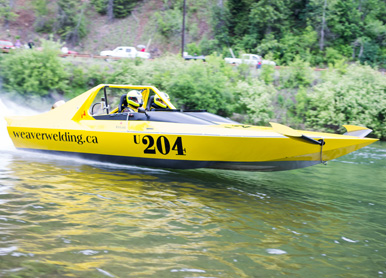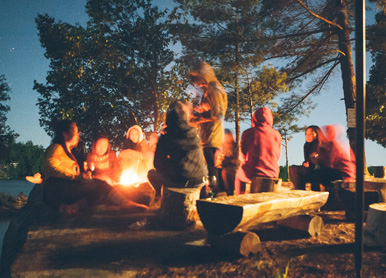

Shopping
Although a small community, St. Maries serves as the retail center for eastern Benewah County, southern Kootenai County and southern Shoshone County. The city of St. Maries completed a $2 million downtown revitalization in 2004 with new streets, sidewalks and lighting on the main downtown area. With an increasing tourism industry in St. Maries, several new businesses have moved in to provide our downtown area with an art gallery, craft and antique dealers mall, and gift shops. In addition to two large independently-owned grocery stores, St. Maries is served by two full-service hardware stores, which stock and sell lumber. A variety of stores offer soft goods, sporting and recreational equipment, books and office supplies. Two auto and truck-parts stores, tire stores and farm supply/feed stores serve the area. St. Maries also has a full service pharmacy/gift store.

History
St. Maries dates back more than a hundred years, when the first pioneers looking for logging opportunities traveled up the St. Joe River from Coeur d’Alene. At the junction of the St. Maries and St. Joseph rivers, Joseph Fisher decided that was a prime place for a sawmill because of good transportation and lots of timber. St. Maries quickly became a hard-working lumberjack town, and was also renowned for the paddle wheelers that ferried people and supplies to Coeur d’Alene. St. Maries has long been a transportation hub for the St. Joe River Valley dating back to 1880 when steamboats provided the principal means of getting to and from the town.
After the turn of the century, the city became incorporated, two larger mills were built, and the steamboats which plied the St. Joe river and Coeur d’Alene Lake provided cheap, rapid transportation. The coming of the railroads, plus the opening of the Coeur d’Alene Indian Reservation to homesteading, provided stimuli for further growth in the first decade and a half.
World War I increased the demand on the lumber industry. In spite of the tremendous loss of timber in the Fire of 1910, there were still plenty of virgin stands to meet the demands of sawmills. The Great Depression was a severe blow to the area. Sawmills shut down and there was very little work in the woods. In the late 1930’s, just before the last large mill in the area was about to be auctioned off, the people of St. Maries rallied to help provide the capital to save the mill and open it again as the St. Maries Lumber Company. World War II years were all-out production years and the decade following saw the demand for lumber continuing into the late 1950’s.
The recessions of the 50’s put the local economy on a roller coaster until 1961 when the St. Maries Lumber Company, the largest employer and biggest mill in the area, burned. The people rallied again and formed the Benewah County Development Corporation, which took advantage of federal assistance to get a plywood mill built on the site of the lumber mill. The plywood mill has been expanded several times and is under the ownership of Potlatch Corporation, manufacturing plywood, dimension lumber and wood chips. In addition, Regulus Stud Mill was opened in St. Maries, thus providing a market and milling for tree sizes which were previously unusable.
To learn more about St. Maries, visit the Hughes House Historical Museum located in St. Maries.
Uniquely Idaho
St. Maries is the first community to be awarded a grant under the Uniquely Idaho program for rural tourism, economic improvement, and job creation.
A coalition including the St. Maries Council for the Arts, Chamber of Commerce, and the Greater St. Joe Development Foundation/Timber Plus were awarded a grant to begin regional promotion of cultural, historical, and agricultural tourism.
The community had the opportunity to be a pilot program for the rest of the state. The program submitted by the coalition is modeled after that developed by the internationally successful Hand Made in America of North Carolina.
The St. Maries Uniquely Idaho project shares the goal of revering and protecting our resources, and preserving and enriching the spiritual, cultural, and community life of our region.
Artists, creatives of all sorts, cultural and agricultural historians, and entrepreneurs are all encouraged to get in on the ground floor of this exciting promotion.











